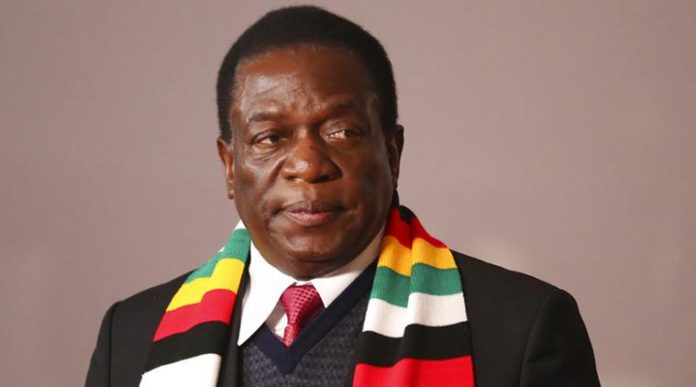UNRESOLVED historical conflicts that blighted the country and emerging ones continue to pose challenges, are to blame for the polarisation of the society, a new five year government blueprint, the National Development Strategy says.
While not mentioning the specific conflicts, soon after Independence in 1980, the country witnessed the massacre of more than 20 000 civilians in Matabeleland and Midlands provinces between 1983 and 1987 as the Zanu PF government pursued perceived PF Zapu dissidents.
That period is commonly referred to as Gukurahundi.
In early 2000, more than 100000 people where left homeless during Murambatsvina operation.
Now, government wants to address the “legacy issues” which its says have negatively impacted on social cohesion within communities.
It envisages to “increase the number of incidents of conflicts reported and resolved from 530 in 2020 to 1 000 by 2025”.
According to the document, under the National Unity, Peace and Reconciliation Situational Analysis section, it says Zimbabwe has experienced conflict and, in some instances, violent conflicts before and after independence which have negatively impacted on social cohesion within communities.
“The country continues to face some challenges related to unresolved historical and current conflicts leading to polarisation,” the report said.
“In order to address the legacy issues of conflicts, Government established the National Peace and Reconciliation Commission (NPRC).
“Significant progress has been made in ensuring peace and reconciliation”.
However, the country continues to face some challenges related to unresolved historical and current conflicts leading to polarisation, it added.
The government recently tasked Matabeleland chiefs to lead the process of exhuming and reburying victims of the 1980s government atrocities.
“Cognisant of the 10 year Constitutional lifespan of the NPRC, sufficient resources will be availed for the Commission to expedite and resolve all outstanding conflicts.
“The main objective under improved national peace and reconciliation outcome is to increase the number of incidents of conflicts reported and resolved from 530 in 2020 to 1 000 by 2025”.
To achieve social cohesion, Government says the outcome of improved social cohesion will be achieved through promotion of inclusive dialogue and tolerance among citizens, promotion of peace building initiatives among communities, strengthen citizens’ engagement through establishment of Local Peace Committees and uphold and promote the Constitution as a form of social contract.

